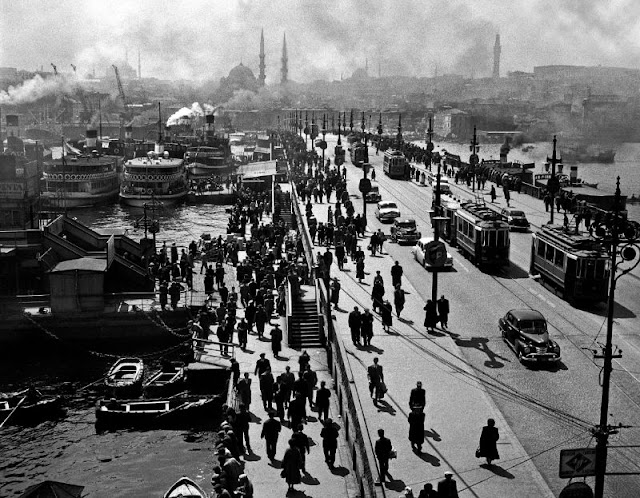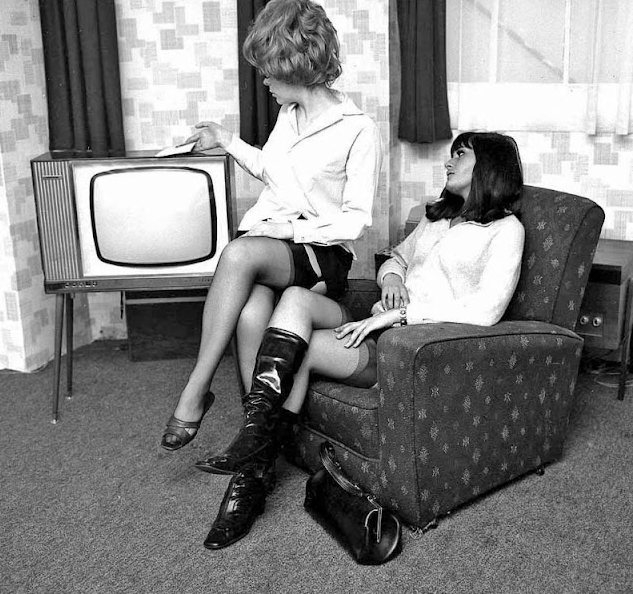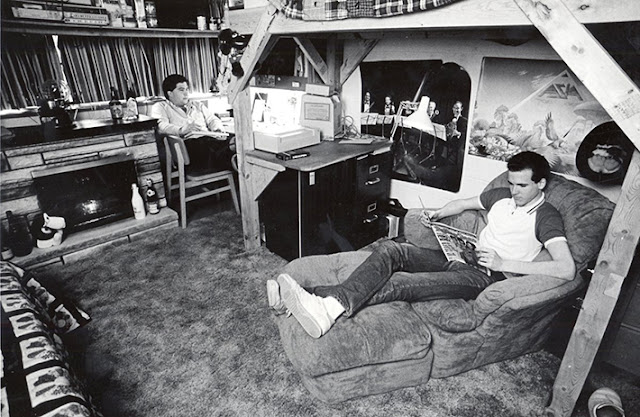The Allure of 1950s FTitle: The Allure of 1950s Fashion in America: A Timeless Elegance
The 1950s marked a significant era in American fashion, where post-war optimism and economic prosperity paved the way for a new sense of style and elegance. This article explores the fashion trends, iconic garments, and cultural influences that defined the fashion scene in America during the 1950s.
From the iconic hourglass silhouette to the rise of youth culture, the fashion of this era continues to captivate and inspire designers and fashion enthusiasts today.
The 1950s was characterized by a return to feminine silhouettes, with an emphasis on the hourglass figure.
Women's fashion celebrated curves and emphasized a tiny waist, often achieved with the help of nipped-in waists, full skirts, and structured undergarments like girdles and bullet bras. The popularity of Christian Dior's "New Look" in the late 1940s influenced fashion throughout the decade, leading to a renewed appreciation for elegance and grace.
Several garments emerged as iconic symbols of 1950s fashion. The full-skirted, tea-length dress became a staple for women, often adorned with feminine details like bows, pleats, and ruffles.
The shirtwaist dress, characterized by a button-down bodice and full skirt, epitomized casual elegance.
Tailored suits with pencil skirts were popular for women in professional settings, showcasing sophistication and authority.
Men's fashion featured well-tailored suits, narrow ties, and fedora hats, representing the refined and polished look of the era.The 1950s witnessed the rise of youth culture and the influence of rebellious fashion trends. Teenagers, inspired by film stars and rock 'n' roll icons, started to challenge traditional fashion norms.
Young men adopted a more casual and edgy style with leather jackets, jeans, and white T-shirts, epitomizing the rebelliousness of the emerging counterculture. Young women embraced poodle skirts, bobby socks, and saddle shoes, reflecting a playful and youthful spirit.
The fashion of the 1950s was greatly influenced by cultural and societal changes.
The Hollywood glamour portrayed by iconic stars like Marilyn Monroe and Audrey Hepburn set the stage for elegance and femininity.
The post-war boom and suburban living influenced casual and sportswear fashion, with an emphasis on practicality and comfort.
The Cold War era and space exploration inspired futuristic designs and sci-fi elements, seen in fashion trends like metallic fabrics and space-age silhouettes.
Accessories played a vital role in completing the 1950s look. Women adorned themselves with gloves, pearls, cat-eye sunglasses, and pillbox hats.
Handbags, often structured and elegant, were considered essential. Men wore suspenders, pocket squares, and cufflinks to add a touch of sophistication to their outfits.
Beauty standards of the era celebrated a flawless complexion, red lips, and perfectly coiffed hairstyles. Women styled their hair in glamorous curls, updos, or the iconic "poodle" or "ducktail" hairstyles for men.
The fashion of the 1950s continues to inspire contemporary designers, filmmakers, and fashion enthusiasts.
Its timeless elegance, attention to detail, and celebration of femininity have made it an enduring source of inspiration. The hourglass silhouette, full skirts, and tailored suits have found their way back into modern fashion runways and red carpets, showcasing a nostalgic nod to the golden era of style.
The fashion of the 1950s in America captured the essence of elegance, femininity, and post-war optimism.
From the iconic hourglass silhouette to the rebellious style of youth culture, the fashion trends of the era continue to inspire and influence the world of fashion. The enduring legacy of 1950s fashion lies in its timeless elegance and the celebration of individuality, reminding us of an era where style was synonymous with grace and sophistication.
Fashion in America: A Timeless Elegance
The 1950s marked a significant era in American fashion, where post-war optimism and economic prosperity paved the way for a new sense of style and elegance. This article explores the fashion trends, iconic garments, and cultural influences that defined the fashion scene in America during the 1950s.
From the iconic hourglass silhouette to the rise of youth culture, the fashion of this era continues to captivate and inspire designers and fashion enthusiasts today.
The 1950s was characterized by a return to feminine silhouettes, with an emphasis on the hourglass figure.
Women's fashion celebrated curves and emphasized a tiny waist, often achieved with the help of nipped-in waists, full skirts, and structured undergarments like girdles and bullet bras.
The popularity of Christian Dior's "New Look" in the late 1940s influenced fashion throughout the decade, leading to a renewed appreciation for elegance and grace.Several garments emerged as iconic symbols of 1950s fashion.
The full-skirted, tea-length dress became a staple for women, often adorned with feminine details like bows, pleats, and ruffles.
The shirtwaist dress, characterized by a button-down bodice and full skirt, epitomized casual elegance.
Tailored suits with pencil skirts were popular for women in professional settings, showcasing sophistication and authority.
Men's fashion featured well-tailored suits, narrow ties, and fedora hats, representing the refined and polished look of the era.The 1950s witnessed the rise of youth culture and the influence of rebellious fashion trends.
Teenagers, inspired by film stars and rock 'n' roll icons, started to challenge traditional fashion norms.
Young men adopted a more casual and edgy style with leather jackets, jeans, and white T-shirts, epitomizing the rebelliousness of the emerging counterculture. Young women embraced poodle skirts, bobby socks, and saddle shoes, reflecting a playful and youthful spirit.
The fashion of the 1950s was greatly influenced by cultural and societal changes.
The Hollywood glamour portrayed by iconic stars like Marilyn Monroe and Audrey Hepburn set the stage for elegance and femininity.
The post-war boom and suburban living influenced casual and sportswear fashion, with an emphasis on practicality and comfort.
The Cold War era and space exploration inspired futuristic designs and sci-fi elements, seen in fashion trends like metallic fabrics and space-age silhouettes.
Accessories played a vital role in completing the 1950s look. Women adorned themselves with gloves, pearls, cat-eye sunglasses, and pillbox hats.
Handbags, often structured and elegant, were considered essential. Men wore suspenders, pocket squares, and cufflinks to add a touch of sophistication to their outfits. Beauty standards of the era celebrated a flawless complexion, red lips, and perfectly coiffed hairstyles. Women styled their hair in glamorous curls, updos, or the iconic "poodle" or "ducktail" hairstyles for men.
The fashion of the 1950s continues to inspire contemporary designers, filmmakers, and fashion enthusiasts.
Its timeless elegance, attention to detail, and celebration of femininity have made it an enduring source of inspiration.
The hourglass silhouette, full skirts, and tailored suits have found their way back into modern fashion runways and red carpets, showcasing a nostalgic nod to the golden era of style.
The fashion of the 1950s in America captured the essence of elegance, femininity, and post-war optimism.
From the iconic hourglass silhouette to the rebellious style of youth culture, the fashion trends of the era continue to inspire and influence the world of fashion.
The enduring legacy of 1950s fashion lies in its timeless elegance and the celebration of individuality, reminding us of an era where style was synonymous with grace and sophistication.



